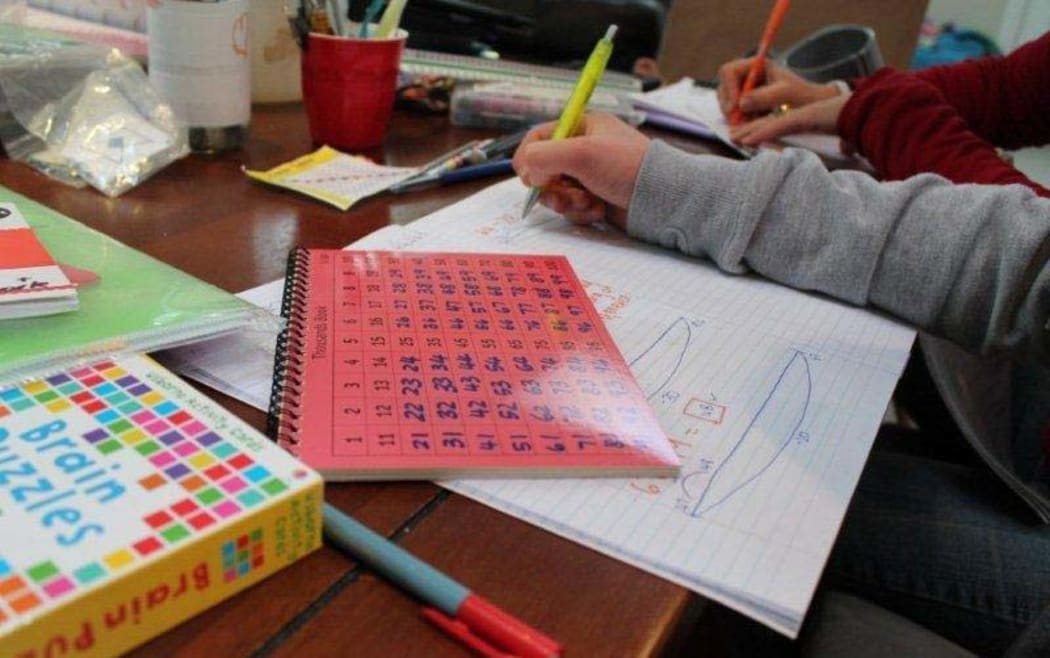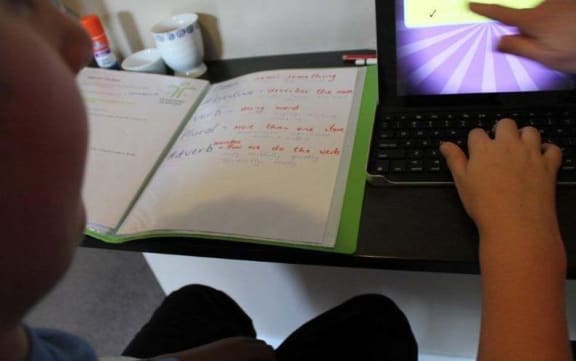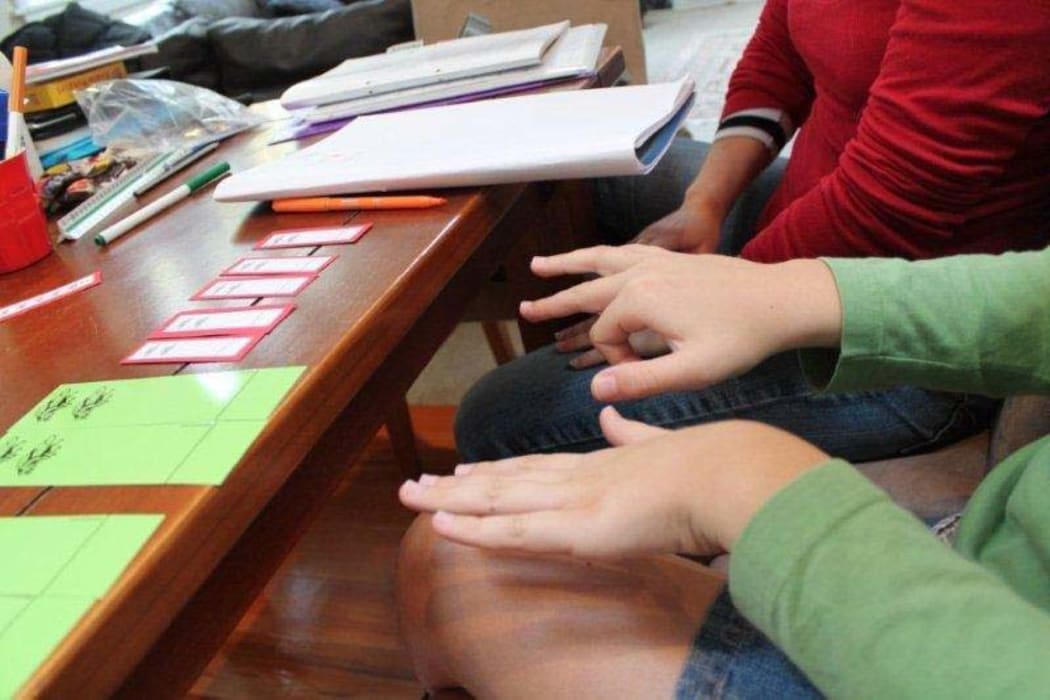At Wellington’s Berhampore Primary School, the principal sometimes has to decide whether to replace a bit of guttering or provide learning support for a child with autism.

Photo: RNZ/ Lynda Chanwai-Earle
It’s not a difficult decision.
Mark Potter says his school is ethically committed to doing all it can to improve the learning outcomes for every child in the school community and so maintenance is often deferred.
The school has become a ‘lighthouse’ school for children with learning challenges.
Fifteen percent of its roll of 270 has been diagnosed with specific learning needs including autism, intellectual delay and Asperger’s.
“A lot of people assume and tell you all the resources are there and schools are well supported but they are not,” Mark Potter says.
The Ministry of Education provides on-going Resource funding (ORS funding) for students in the top one percent of need which is typically used to pay for teacher aides.
But Mark Potter says it is only a contribution and doesn’t fund all of a student’s needs.
He says if a child requires 25 to 30 hours of support, the Government contribution may cover 15 to 17 hours.

Photo: RNZ/ Lynda Chanwai-Earle
His school picks up the shortfall. He and his colleagues estimate it costs the school between $5,000 and $8,000 a year per child, over and above the Government contribution, to pay for the in-class support ORS funded children need.
“We maintain that right now the way the system is geared, particularly around funding and resourcing, it incentivises excluding children like this.”
The school also has to find ways to fund support for other students who don’t meet the Ministry criteria but still have significant learning challenges.
“’My [board] chairperson, he talks about trying to get resourcing for your child if they have a learning disability is like sending your child to The Hunger Games.
"There’s a little island of resource in the middle and it’s a mad scramble to get to them and if you child doesn’t make it then they are just out of luck…it just shouldn’t be like that. So it becomes this triage of who is bleeding more than anyone else.”
Mark Potter says not everyone has the same access to support.
“If you are a very articulate, middle class person who is very good at putting forward an argument, you are more likely to get resources for your child than if you aren’t.”
Berhampore School has made a submission to parliament’s Education and Science Select Committee inquiry into the support offered to children with autism, dyslexia and dyspraxia.
Submitters will be given the opportunity to speak in front of the committee later this month.

Photo: RNZ/ Lynda Chanwai-Earle

